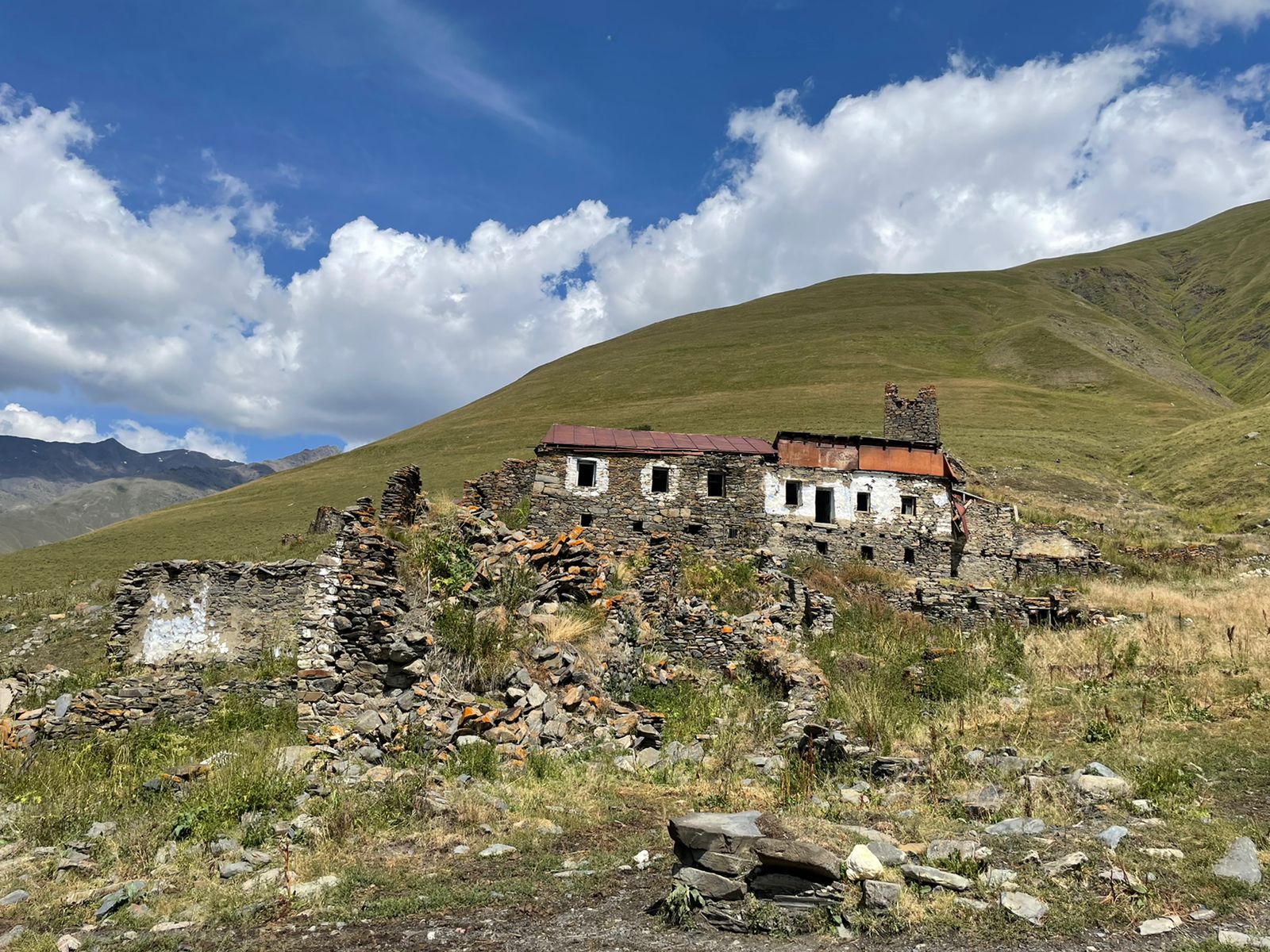Postal workers in South Ossetia: "We survive while the authorities feed us promises"
Postal workers in South Ossetia
In early November 2023, postal workers in South Ossetia went on strike over meager wages, and refused to go to work. Officials were sent to quell the conflict, promising to raise postal workers’ salaries to the minimum wage, which averages just over 13,000 rubles [about $146], starting in 2024. But so far, their earnings remain as low and working conditions as harsh.
In October, the South Ossetian government approved a per capita minimum subsistence level of 15,157 rubles [about $170] for the third quarter of 2023. According to Economic Development Minister Dzambolat Tadtayev, this is 0.44 percent more than in the second quarter.
In South Ossetia, subsistence wage is approved by the government on a quarterly basis based on an analysis of price dynamics, but these figures have no bearing on the real situation. South Ossetian postal workers in South Ossetia told JAMnews on condition of anonymity that their salaries in the regions are about 6,000 rubles [about $67], while their colleagues in Tskhinvali under 9,000 [$101].
- South Ossetian prosecutor’s office arrests activist Tamar Mearakishvili
- South Ossetia wants to become part of Russia, local politicians say
- Why “easy access” won’t make life easier for farmers in South Ossetia
Every morning 66-year-old Mzia (name changed) travels to work in Tskhinvali from a nearby village.
“In rain, snow and heat I arrive in Tskhinval by 9 o’clock, pick up newspapers and letters, and then I walk around the surrounding villages and distribute mail until three or four in the afternoon. There are alwaysmore letters, I have to deliver them all on time, I never delay delivery.”
Mzia says that she has been walking around six settlements near Tskhinvali for 14 years. Her salary is 5,800 rubles [about $65]. On Tuesday, Thursday and Saturday she can be found walking through the village streets, delivering newspapers and letters to villagers. Mziya says villagers are eager to learn about events not only in South Ossetia but also in North Ossetia.
“We work for a pittance. But we don’t have any help. We are all on foot. No one has a bicycle. In previous years, city postal workers in South Ossetia were provided with shoes, umbrellas, raincoats, but that’s only for city workers. We, the rural workers, never got any of that. And the urban ones haven’t received anything for years,” she complains.
Almost a third of Mzia’s modest income is spent on utility bills every month. In particular, for electricity, the cost of which varies from 1,000 to 2,000 rubles [about $11-22]. She does not have to pay for gas – there is no gas in the village and she heats her home with firewood.
Nothing but sympathy
Mzia also told us the story of her colleague Zarema (name changed), who has been living in a dilapidated house since the August 2008 war. During the shelling, the second floor of the house was blown apart, so there is no roof or windows, and during the rain it pours in the house as it does outside. But Zarema has received nothing but sympathy from the authorities over the past 15 years.
She tries to solve the problem on her own, “taking loan after loan”. She managed to put windows on the first floor, but there was not enough money for repairs and further improvement.
Mzia recalls that a few years ago Zarema lost her son in a car accident, and on that day a wall collapsed, which miraculously did not crush the people who had come to express their condolences. Part of the house still stands in ruins.
“What’s the house? Who will give the mother back her son? This is how we live. We support each other while politicians fight for power and feed us with promises, and we survive. While we believe that from the new year we will get a raise in wages. What else can we do?”
Toponyms, terminology, views and opinions expressed in the article do not necessarily reflect the views and opinions of JAMnews or any employees thereof. JAMnews reserves the right to delete comments it considers to be offensive, inflammatory, threatening, or otherwise unacceptable



















